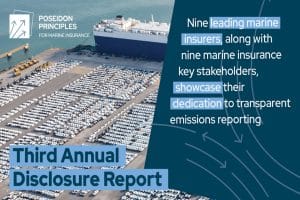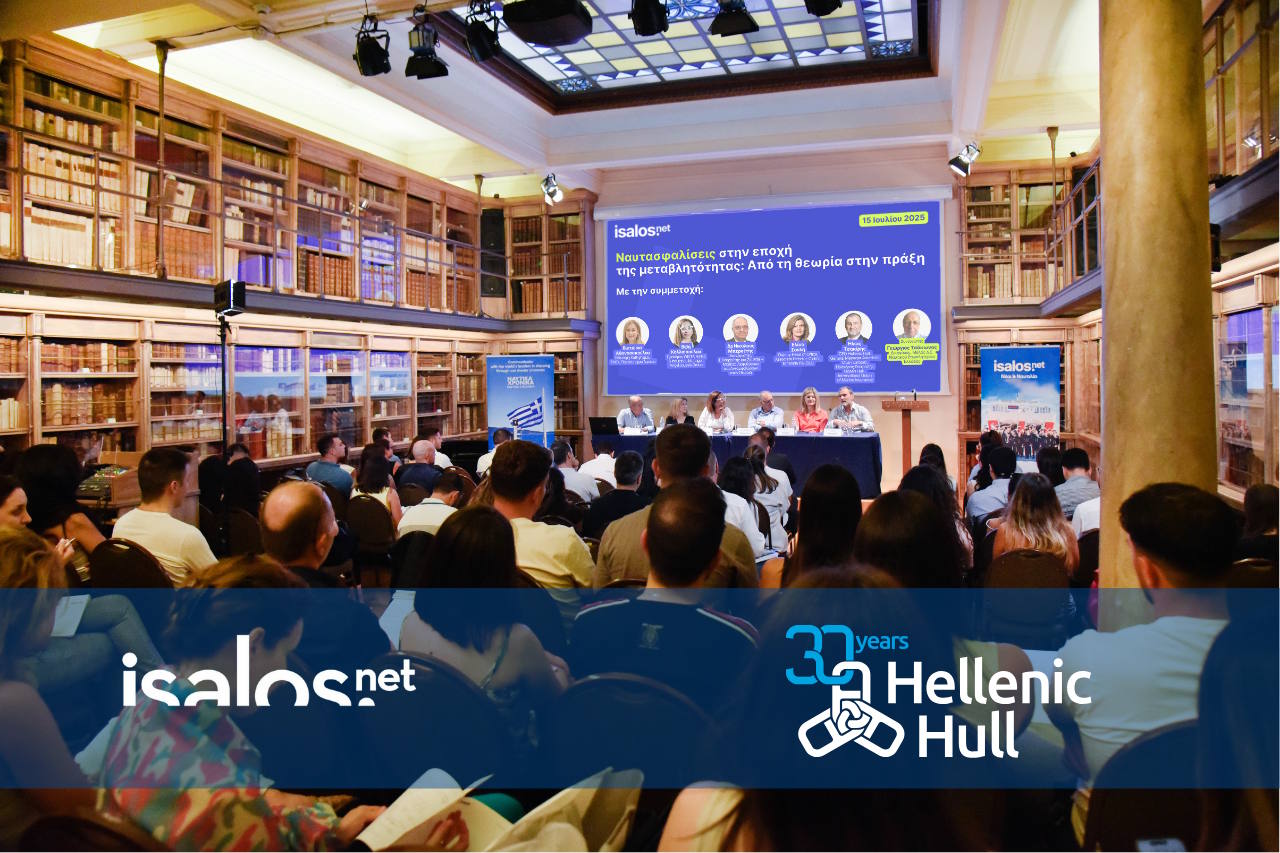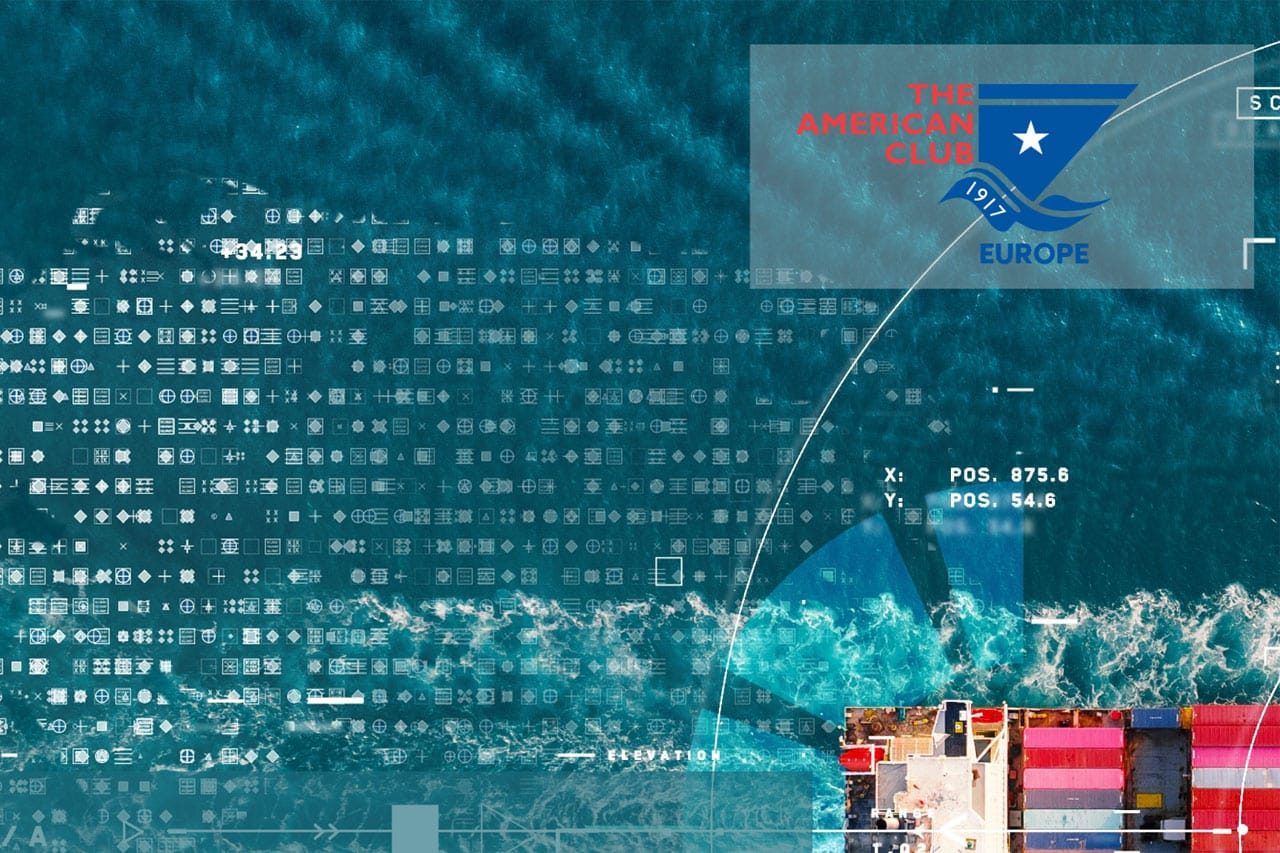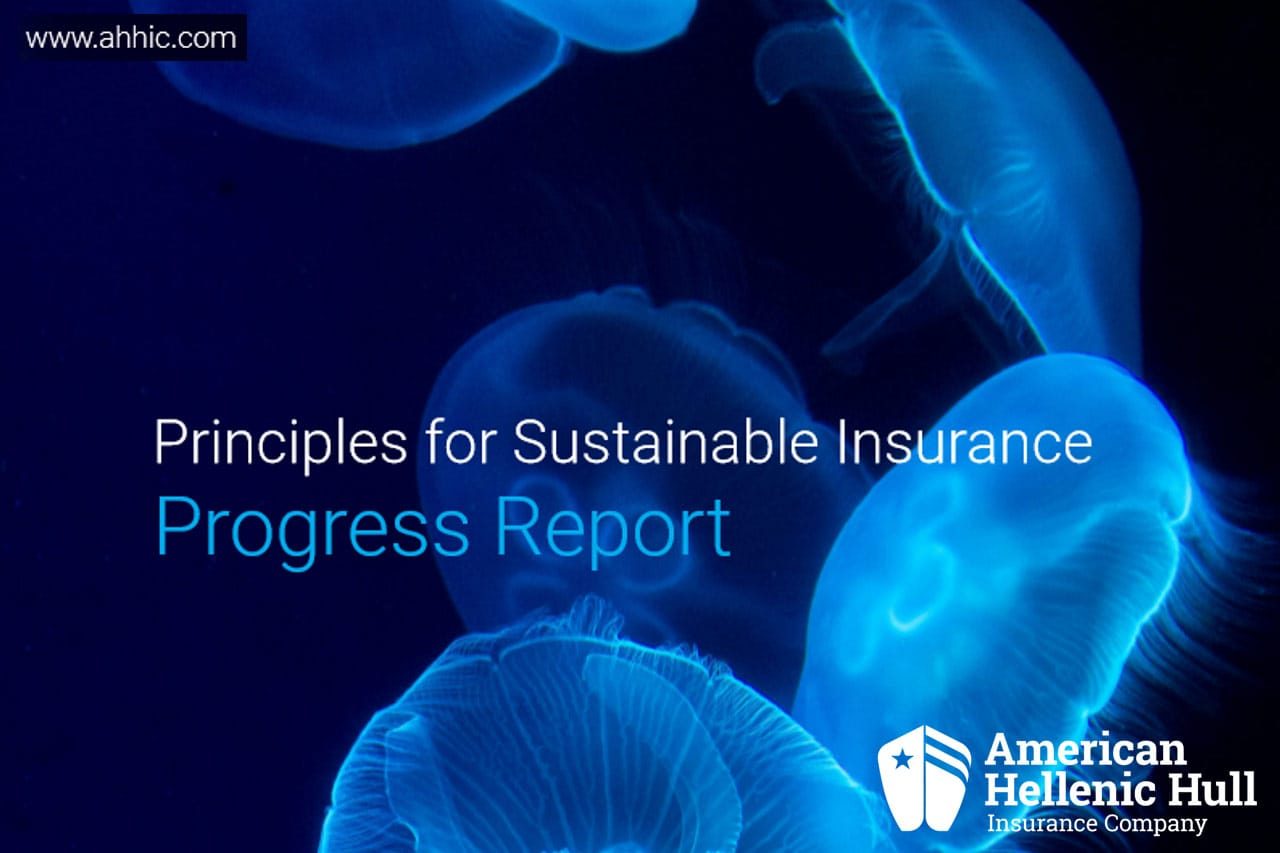Empowering Future Maritime Leaders
Sanctions are nothing new—they’ve been shaping history for thousands of years. The first-ever recorded economic sanctions date back to ancient Greece, when Athens issued The Megarian Decree. This economic blockade banned the city-state of Megara from trading within the Athenian-controlled Delian League, cutting it off from vital commerce and crippling its economy. But this wasn’t just about trade; it was a strategic act of revenge. Megara had aligned with Sparta on the eve of the Great Peloponnesian War, and Athens responded with economic warfare—an approach that remains a powerful geopolitical tool to this day.
This brief tale of antiquity seems utterly familiar mainly due to the 3-year Russia-Ukraine War, various regional conflicts in Middle East and tensions between China and Taiwan. Sanctions have moved to the center of major economic powers’ political strategies, effectively becoming a mainstream tool for conducting foreign policy. It is quite impressive that only the European Union by the end of 2024, has adopted 16 packages of sanctions against Russia. This number does not consider the sanctions adopted by the United States, which in January 2025 only, targeted 183 vessels impacting in a sweeping manner 42% of Russian total seaborne crude oil exports. As sanctions target trade by default, the side-effects are closely related to shipping and marine insurance.
There has been an increasing focus by sanctions authorities on the maritime sector, pressing owners, operators, and insurers to adopt extensive due diligence, which further complicates managed risks. This renewed interest in sanctions has created a new status quo for (re)insurers who now must face a burdensome reality, as they need to maintain exhaustive checks and systems to avoid insuring sanctioned entities in the first place, or paying claims where sanctions are introduced mid-policy term. In addition, the policies are being constantly updated with provisions around illegal activity by the insured and Underwriters require to constantly adapt to new contract formats. The list of challenges is extensive including a) the frequency of sanctions’ development, b) the difference in the approach & interpretation that many different jurisdictions may have, c) the often seen phenomenon of contradicting sanction texts and d) the Insurers’ need to be constantly on their toes monitoring movement of potential bad actors who use technological measures to bypass measures imposed (e.g. AIS manipulation, documents’ falsification and Global Navigation Satellite System spoofing), in order to achieve lucrative trading beyond the limits of current legislation.
As history tends to repeat itself, Athenians’ sanctions proved to be sort of ineffective. They may have brought some states to their knees, but in the long run hastened the war’s breakout, thus leading to their own demise against the Spartans. Whilst same is not to be anticipated in our times, some adverse and unintended implications of sanctions to shipping and marine insurance industry are already apparent.
Insurers are barred from providing cover to tankers carrying Russian oil above a $60-per-barrel price cap, leading some shipowners to pursue another highway to profit. The engagement into the creation of the so-called “shadow fleet”, consisting of ageing ships with limited or no insurance cover taking up the transportation of sanctioned products at a premium. Despite this being anticipated, there are major issues of concern to the Underwriters.
Apart from the fact that such conduct of business essentially cancels out the meaning of sanctions as tools of isolation, it has to be noted that either the “dark” or the “shadow” fleets consist of an unknown number of vessels (according to sources they exceed 1,100 ships globally), all of which have some two common features that may give rise to unfortunate events: 1) They are old vessels often improperly maintained that under normal circumstances would have been recycled, and 2) they are often acquired and managed by opportunistic shipowners that care little for quality of transportation, environmental hazards whilst in pursuit of quick profit and 3) the sanctions applied to certain entities may prove to be factors leading to escalation of otherwise easily dealt with scenarios.
One such case proved to be the salvage of the Houthi-stricken m/v “Sounion”, which almost became an environmental catastrophe equaling four times the Exxon Valdez disaster, due to a combination of factors such as: a) limited availability of salvage infrastructure in the Red Sea region, b) an immobilized vessel on fire amidst a war zone carrying approximately 150,000 MTs of crude oil and c) imposed sanctions on the only available tugs nearby, rendering them unable to act when most needed. Eventually the worse scenarios were averted by the hasty response of U.S.A. Office of Foreign Assets Control (O.F.A.C.), which in view of the imminent danger, allowed the mobilization of tugs from Greece and the provision of equipment and salvage specialists from around the globe, only to bypass the sanctions to more available assistance. It must be mentioned that for the tugs to be mobilized and operated, Marine Insurers’ swift decisions, actions and cooperation was of utmost importance.
The above-mentioned mix is a disaster ante portas, both in environmental and social terms, as the transportation of goods and particularly pollutants such as oil (crude or refined) depends on substandard tonnage, without any guaranteed safety and quality measures. Consequently, an accident which may cost lives, or a vast oil spill becomes highly probable. One case where the environmental disaster was not timely averted, was the oil spill in Kerch Strait in December 2024, where a cargo of 4,500 MTs of oil, carried by an old tanker allegedly participating in the shadow fleet, affected 40 miles of coastline with harsh impacts on the marine life of the region.
The above facts have been raising alarms for the easy sanctions’ adoption and frequently and there are voices expressing various concerns, especially in view of the newly elected government in the USA. Marine insurers are monitoring the status quo under the announcements made by the administration of President Trump and are trying to measure their implications on the field of Marine Insurance and global seaborne trade.
Insurers will continue to grapple with challenges, whether by taking on the risks of sanctioned entities or dealing with the fallout from substandard shipping. Meanwhile, nations and their citizens will bear the impact of disrupted trade flows, feeling the strain of economic restrictions. The shipping industry, caught in the middle, faces an increasingly unstable landscape, where both operators and key facilitators, such as financial institutions, are under pressure. In such a high-stakes environment, transparency and collaboration are of utmost importance. Industry players must push for more thoughtful policymaking to prevent sanctions from backfiring and unintentionally destabilizing global trade.














